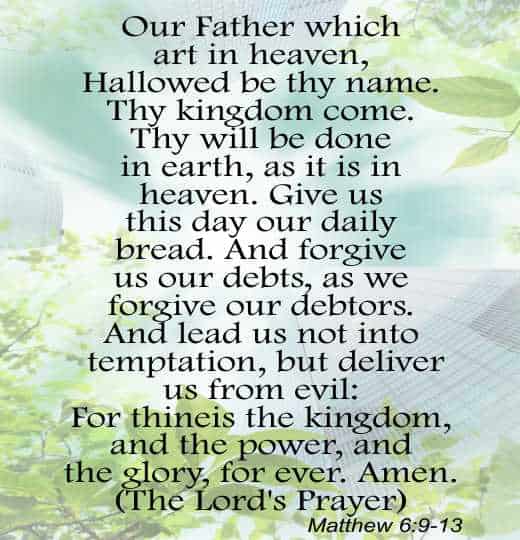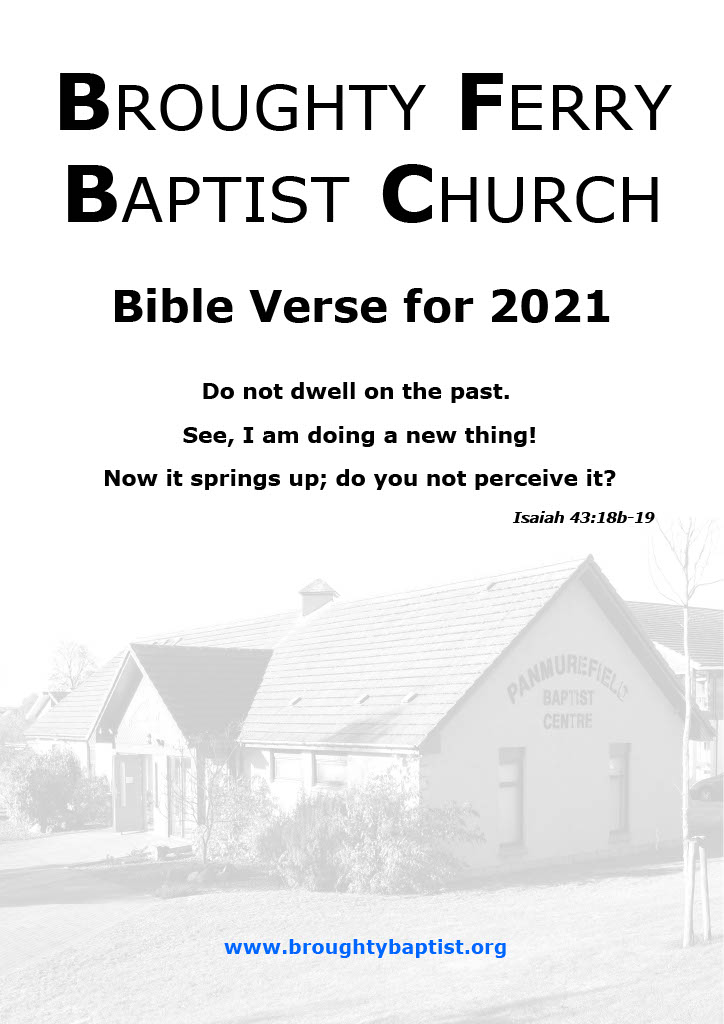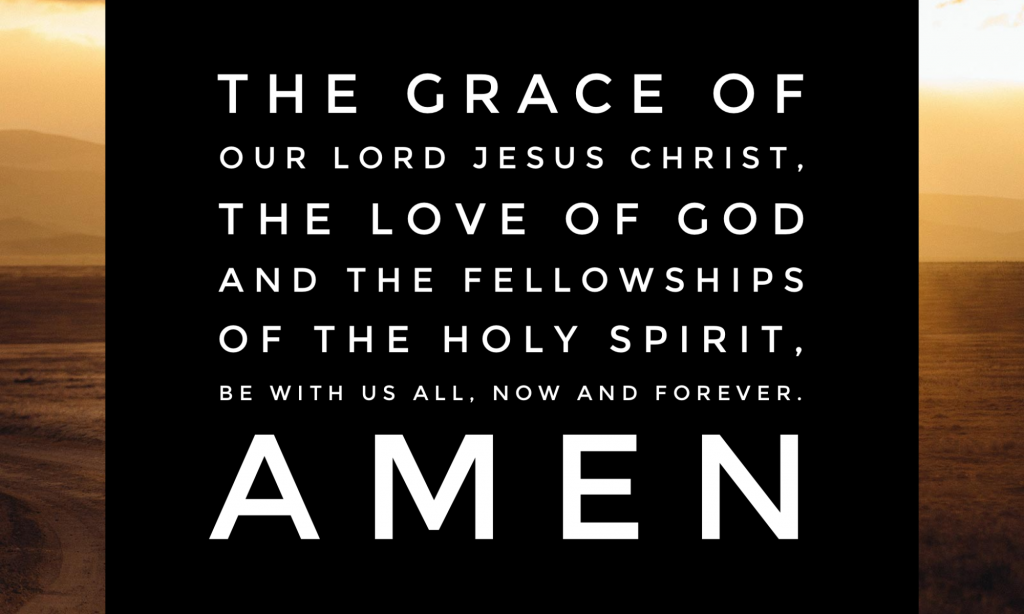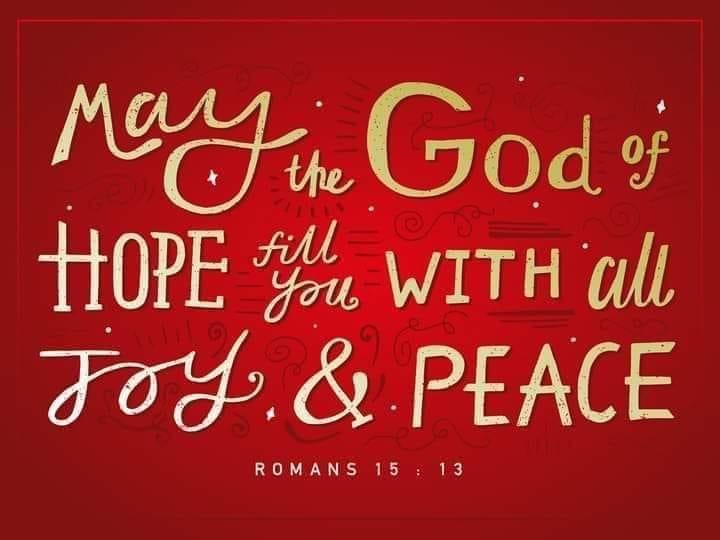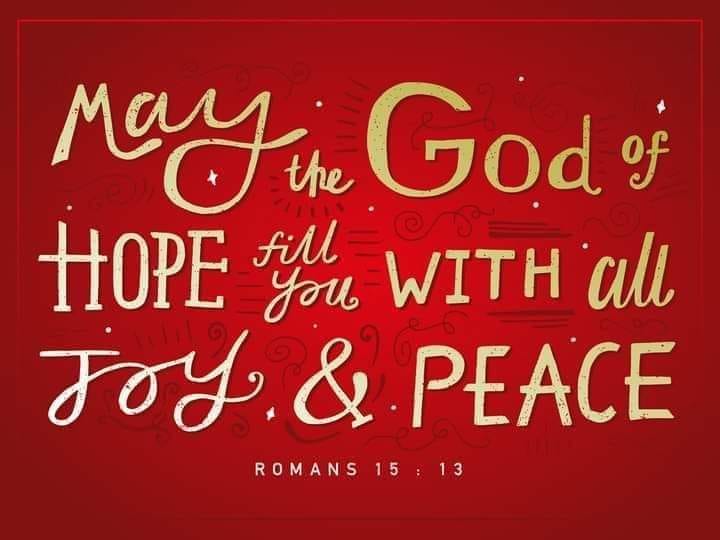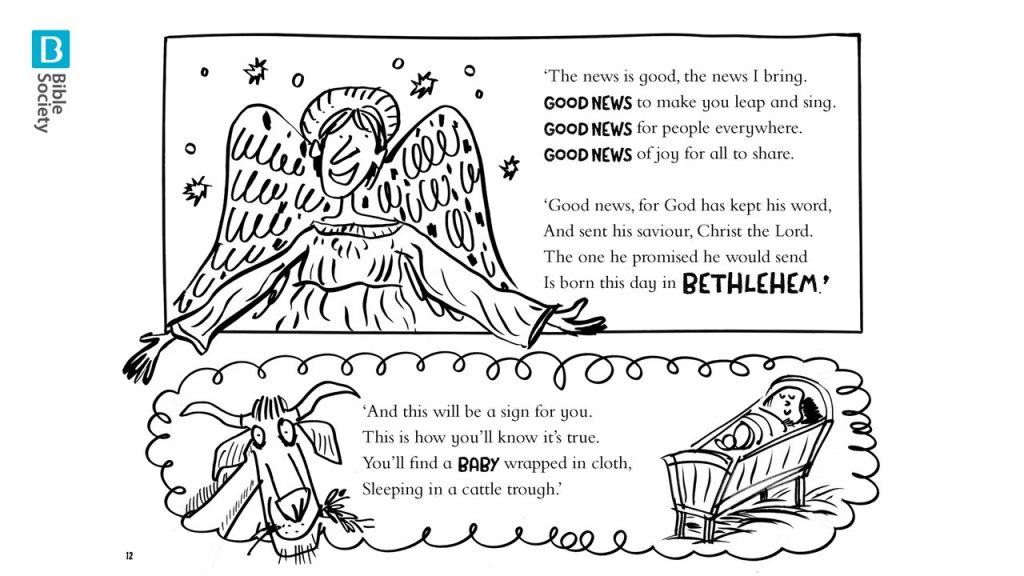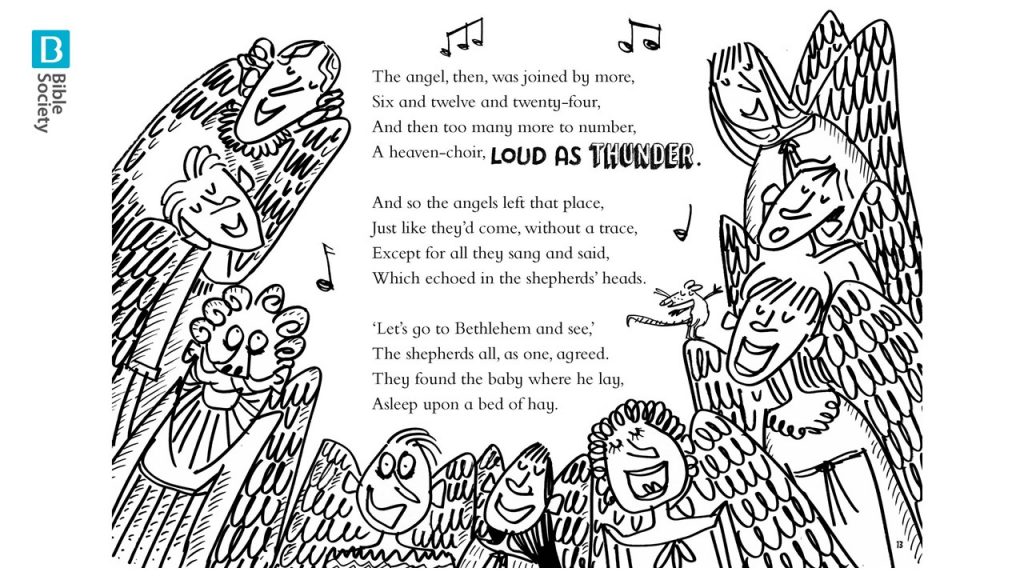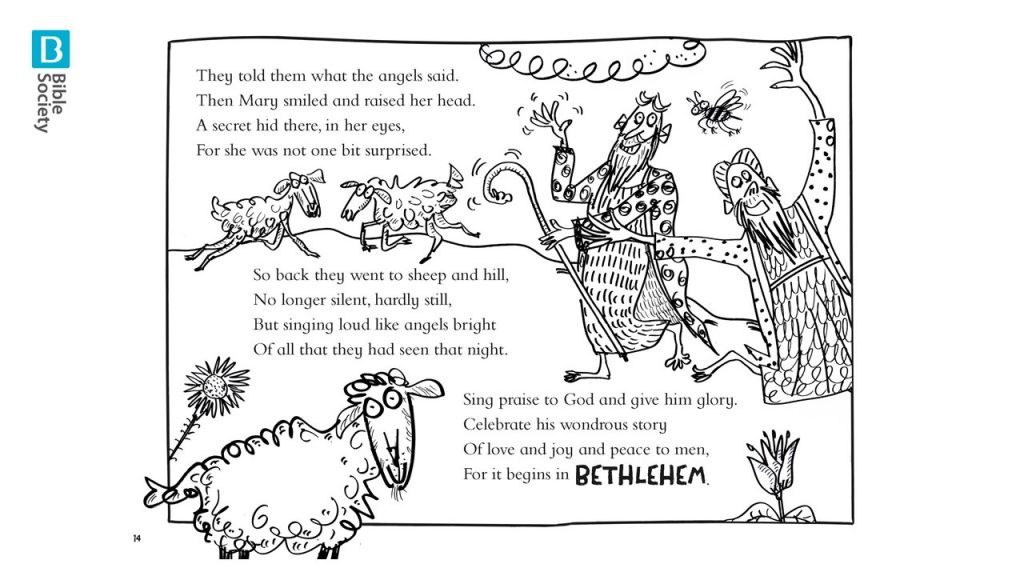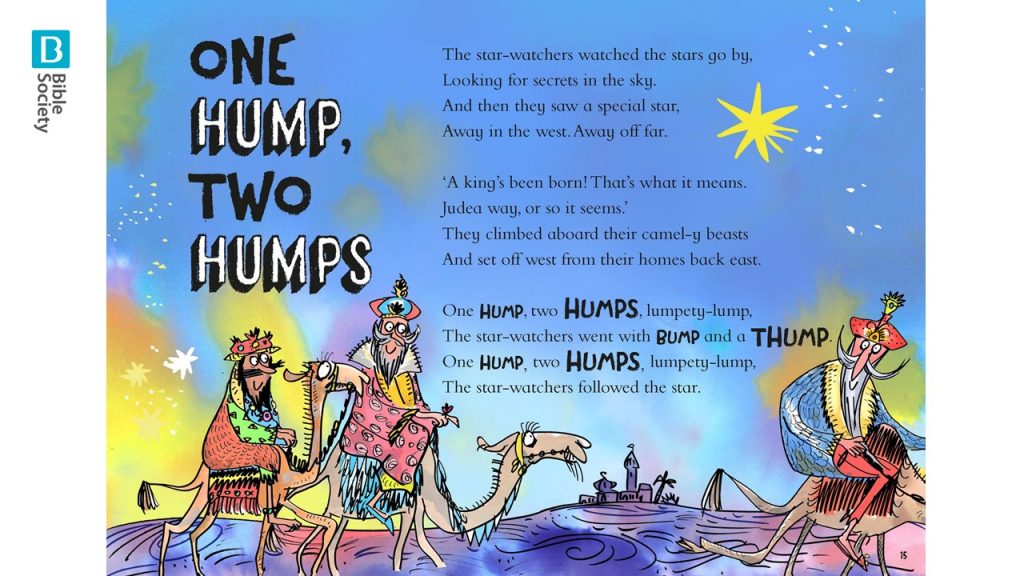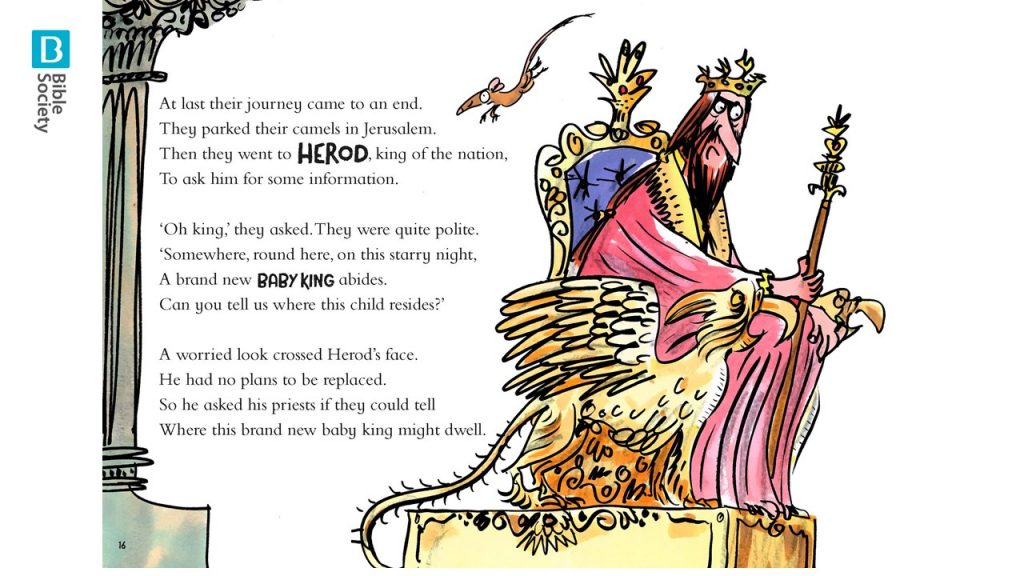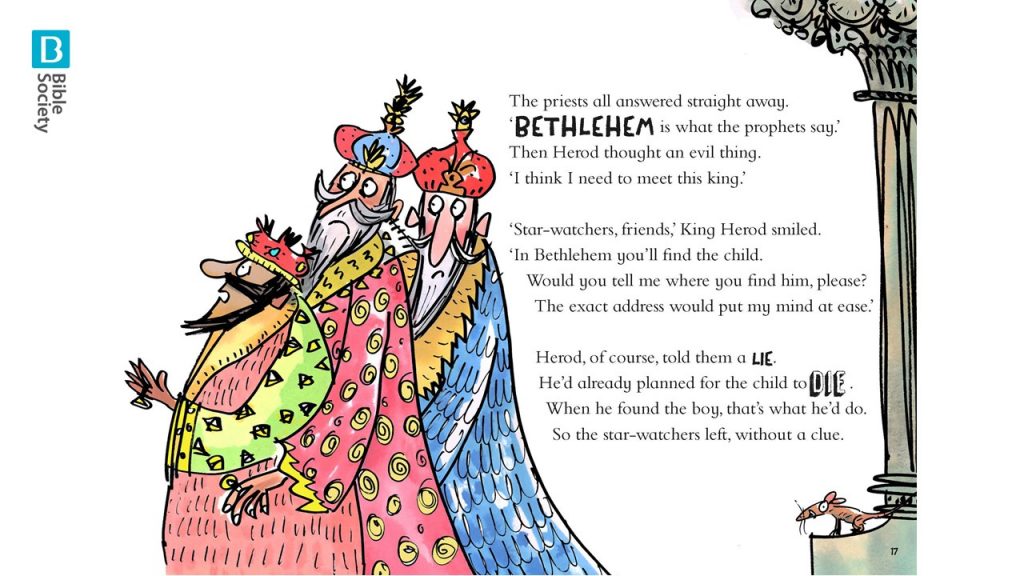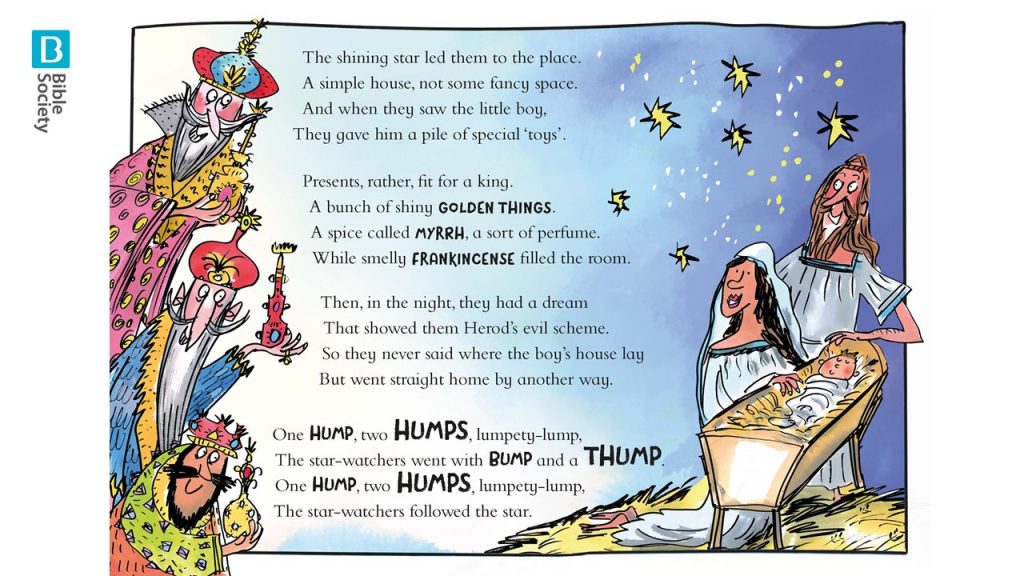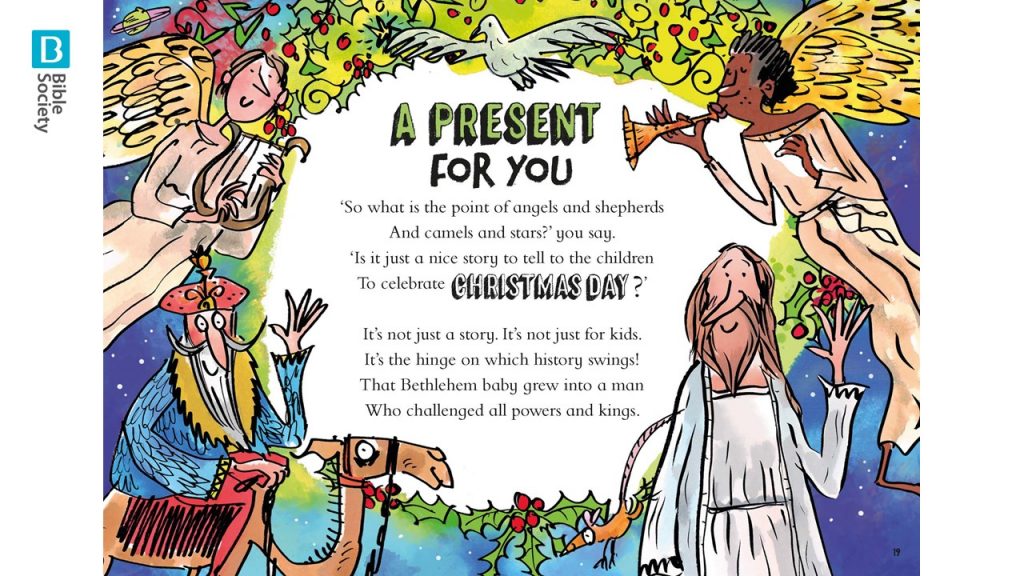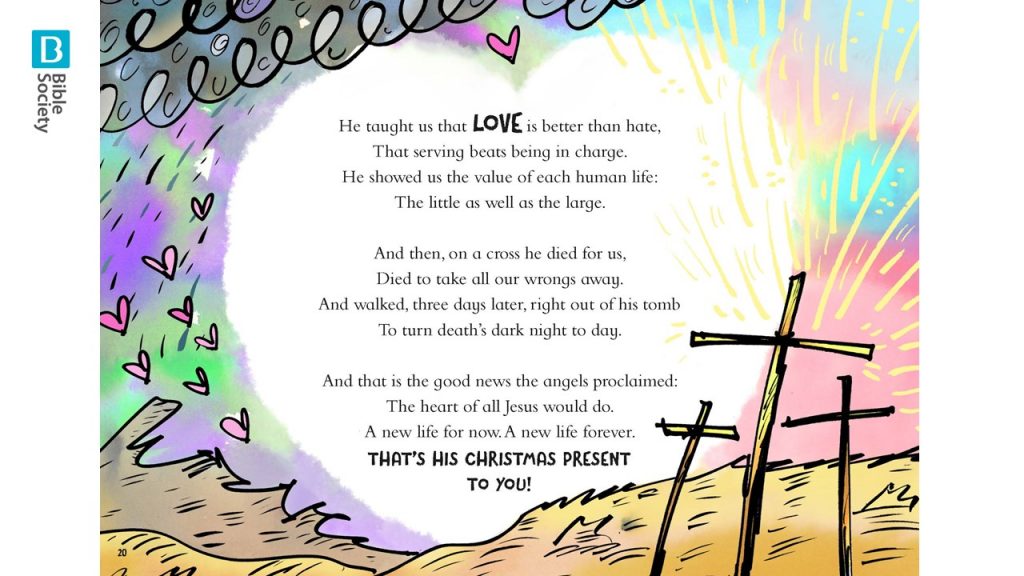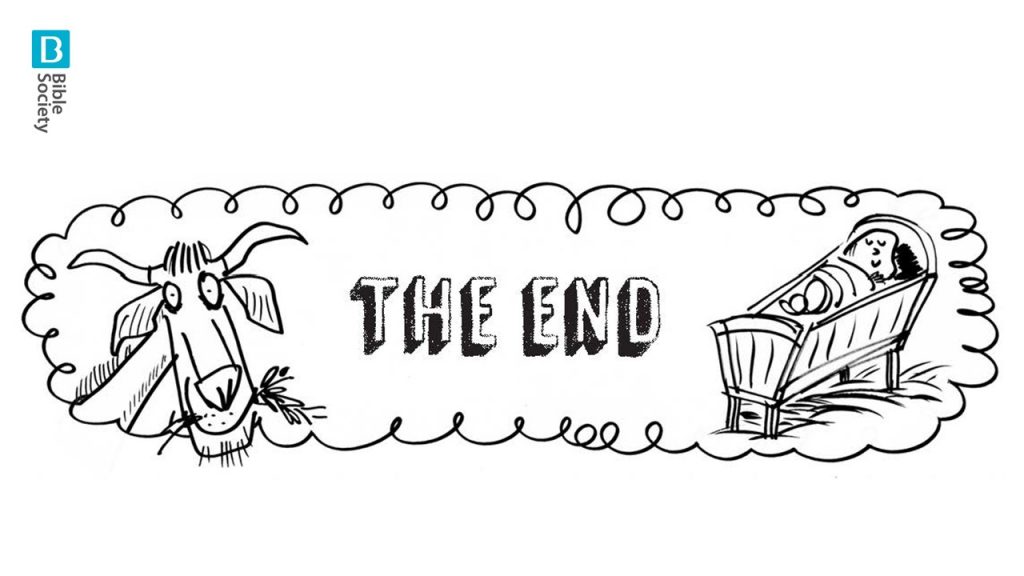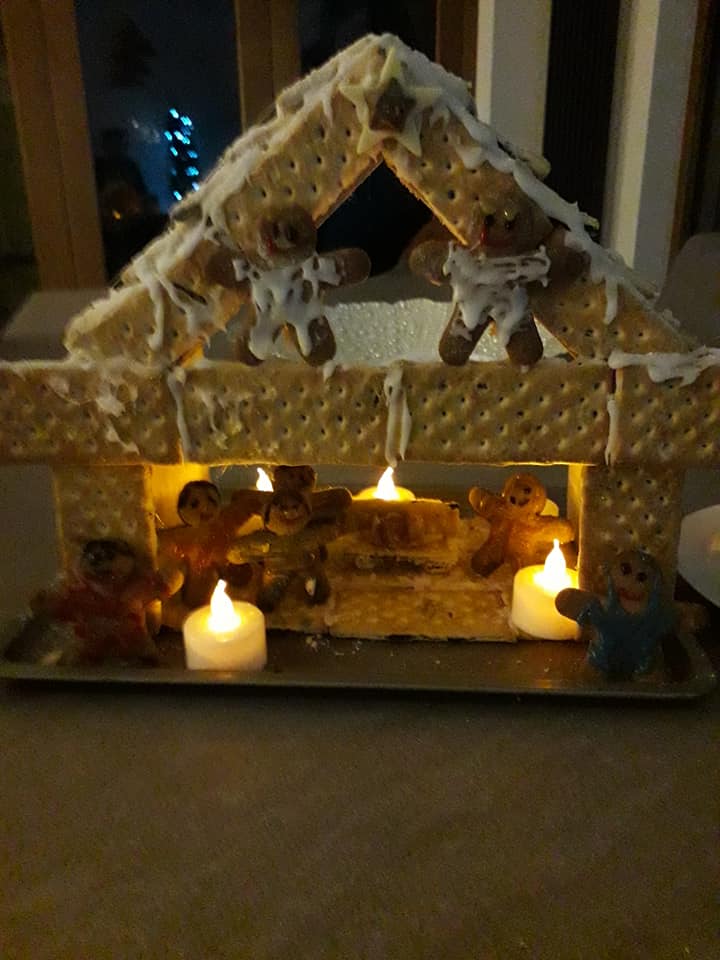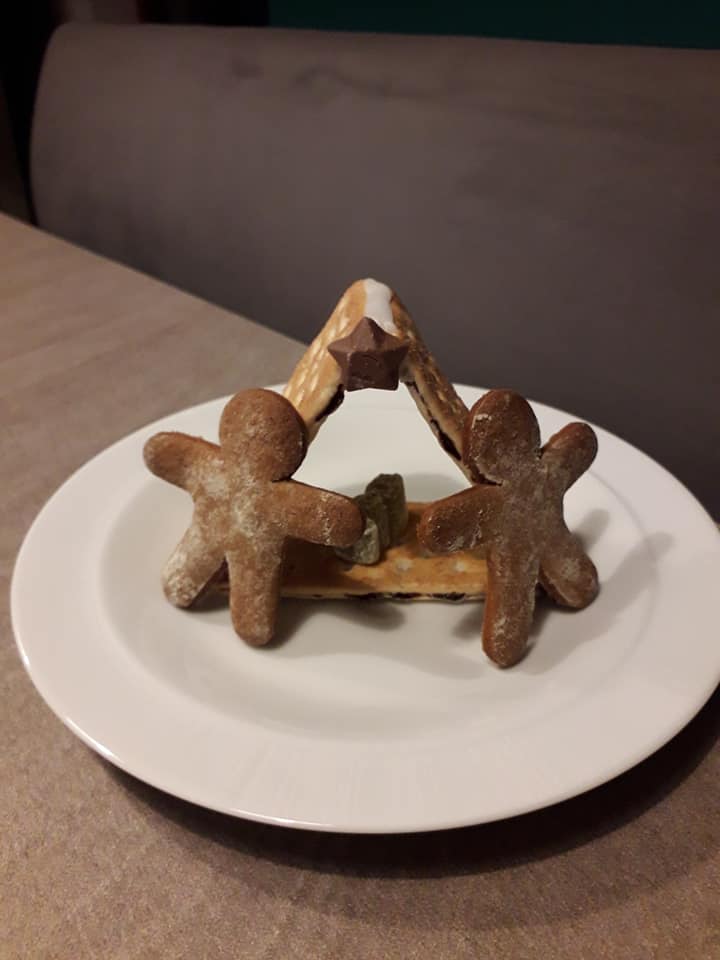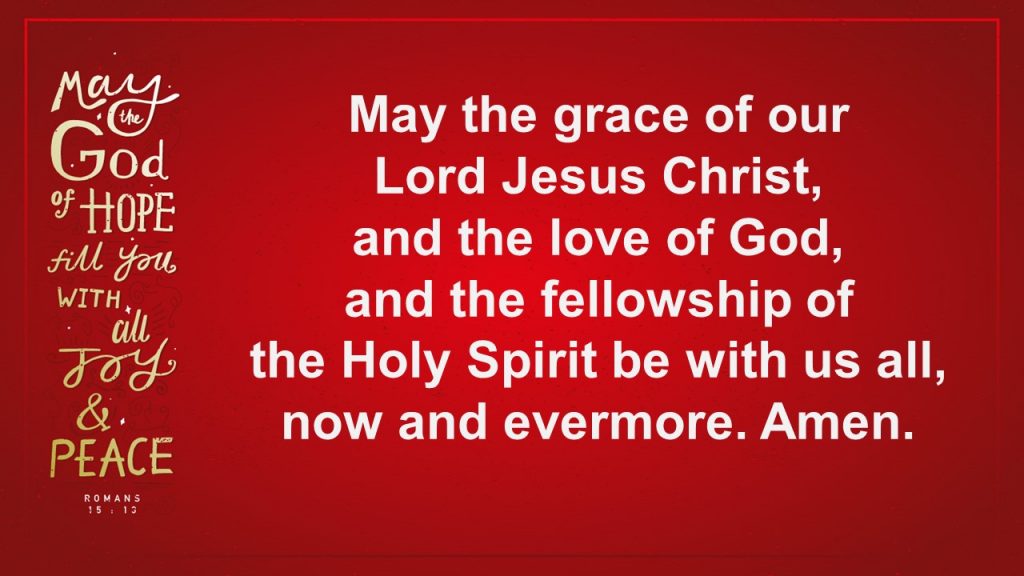Intimations
JAM Kids’ focus: The Virtual Sunday School
Here is the link for Sunday 31 January 21 Virtual Sunday School:
JAM young adults Ignite Live have a separate programme at 11:30am. Please contact Gary Torbet on garytorbet@btinternet.com for more details of today’s programme.
Baptist Union of Scotland National Prayer Livestream The monthly prayer livestream takes place next on Sunday 7 February, 2021 7.00–7.30pm. It will be available on Youtube.
Call to worship:
Listen to my prayer, O God,
do not ignore my plea;
2 hear me and answer me.
My thoughts trouble me and I am distraught
3 because of what my enemy is saying,
because of the threats of the wicked;
for they bring down suffering on me
and assail me in their anger.4 My heart is in anguish within me;
the terrors of death have fallen on me.
5 Fear and trembling have beset me;
horror has overwhelmed me.
6 I said, ‘Oh, that I had the wings of a dove!
I would fly away and be at rest….Cast your cares on the Lord
Psalm 55 selection
and He will sustain you;
He will never let
the righteous be shaken.
The book of Psalms covers the full range of human emotions. Psalm 55 was written by someone who had been through some really tough weeks or months and had been feeling completely overwhelmed. The later part of the Psalm, though, was the source of encouragement he wanted to share with his first hearers and us. God understands what you are going through.
In the person of Jesus, He endured all kind of pain and suffering, supremely dying in our place on the cross taking the punishment for our sins so that instead of facing the consequences of our shortcomings we might by faith receive God’s welcome into His family. I don’t know what kind of week you have had, whether an awful one like the circumstances David describes, an average one or a good one, but there is one thing we can be confident in is the amazing love and grace of God, which is available to each one of us today.
Our opening song of praise and worship is I stand amazed
Opening prayer
Heavenly Father,
Once more we come with deep gratitude in our hearts for all Your amazing love to us. We do ‘stand amazed in the presence of Jesus’ for all He has done for us. ‘How marvellous, How wonderful! And my song shall ever be; How marvellous, How wonderful is my Saviour’s love for me.’ Lord we come as we are to You today in our weakness, in our tiredness, or with all our anxieties about how we can continue to do all we need to do in these difficult days through which we are living at the present time. Lord speak into our lives today from Your Word, minister Your peace through the presence of the blessed Holy Spirit in our midst. Cleanse us from all our sins and equip and enable us for the week that lies before us, we bring our prayers in Jesus’ name Amen.
Let us say together the words Jesus taught His disciples when He said:
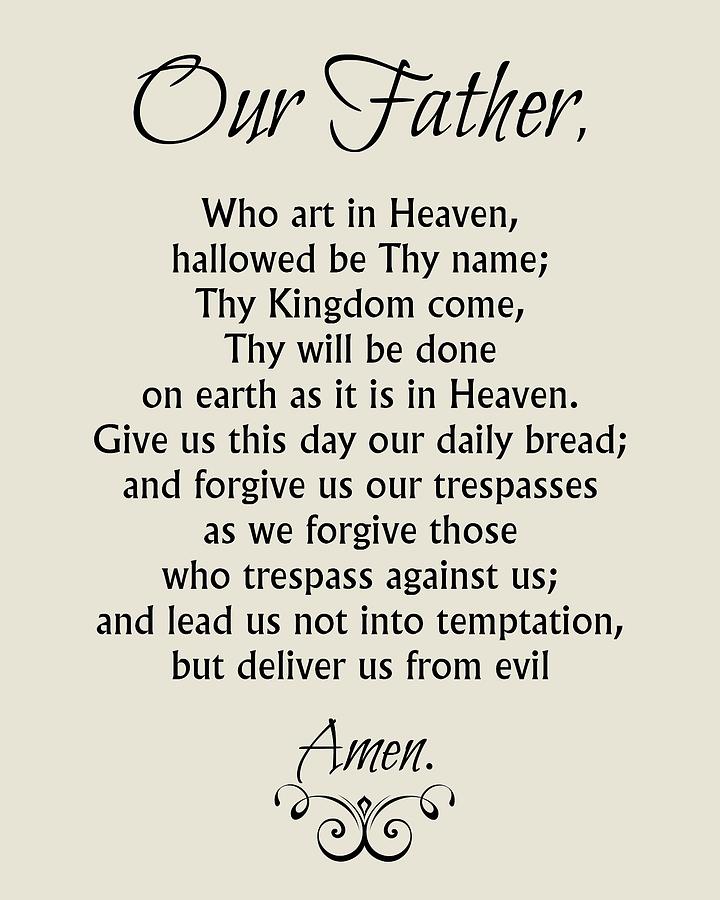
We continue in worship as we sing:
All-Age Talk – Alan McRobbie
Have you ever been invited to a party or a wedding? Did you accept the invitation?
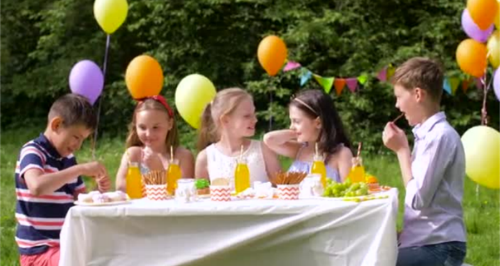
When invited the invitation often says RSVP on it. When receiving an invitation that says RSVP you are expected to respond as to whether you are planning to attend. RSVP comes from a French phrase and means ‘please respond’.
I’d like to tell you a story about a wedding singer who sang at a wedding ceremony. When the wedding ceremony was over the wedding guests went to a nearby hotel for the wedding reception to celebrate the marriage with food and a party.

The wedding singer and her husband followed the wedding guests to the hotel to join the wedding reception. The wedding singer and her husband parked their car in the underground hotel car park and took the elevator to the top floor of the hotel where the wedding ceremony was taking place.
When they arrived at the top floor of the hotel they walked toward the room where the wedding reception was being held. There was a man who worked for the hotel standing at the entrance to the room holding a list of the guests who were invited and had responded to the invite to attend. The wedding singer gave the man at the door their names, however, the man said they were not on the guest list for the reception.
The wedding singer protested and said, “but I’m the wedding singer, surely I’m on the list.” The man checked the list again, but their names were nowhere to be found. “I’m sorry, said the man, but I can’t let you in. Your names are not on the guest list.” The wedding singer and her husband turned around, went back into the elevator, and travelled back down to the car park. As they were going down the singer’s husband turned to her and said, “did you RSVP to the invitation to the reception?” The singer said “I didn’t. I thought I didn’t need to.”
In the Bible, Jesus tells a story about guests being invited to a wedding feast. He said, “The kingdom of heaven may be compared to a king who gave a wedding feast for his son, and sent his servants to call those who were invited to the wedding feast, but they would not come” (Matthew 22:1-3). In this story, Jesus is describing another way of thinking about God’s Heavenly Kingdom, and how we can be part of it. Here, He compares it to being invited to a special party or banquet.
This invitation was to a large party that the king wanted to have to honour his son. He invited several people, but they turned him down. When the first people rejected the king’s generous invitation, he went out and invited others, generously enticing them by explaining the sumptuous feast he had prepared. But they still made excuses and refused to come to the celebration!
If you go to a birthday party that passes out goody bags, all you must do to get one is be willing to accept the party invitation and the goody bag. If you turn it down, you won’t get one. Well, the gift of God’s mercy is much better than a goody bag! And all we have to do to get it is believe, accept the invitation and receive. Then we are on Jesus’ list and we won’t be turned away like the wedding singer.
God does want everyone to be in His Kingdom and offers salvation to all people. However, we do have to enter through Jesus, the “way and the truth and the life.”
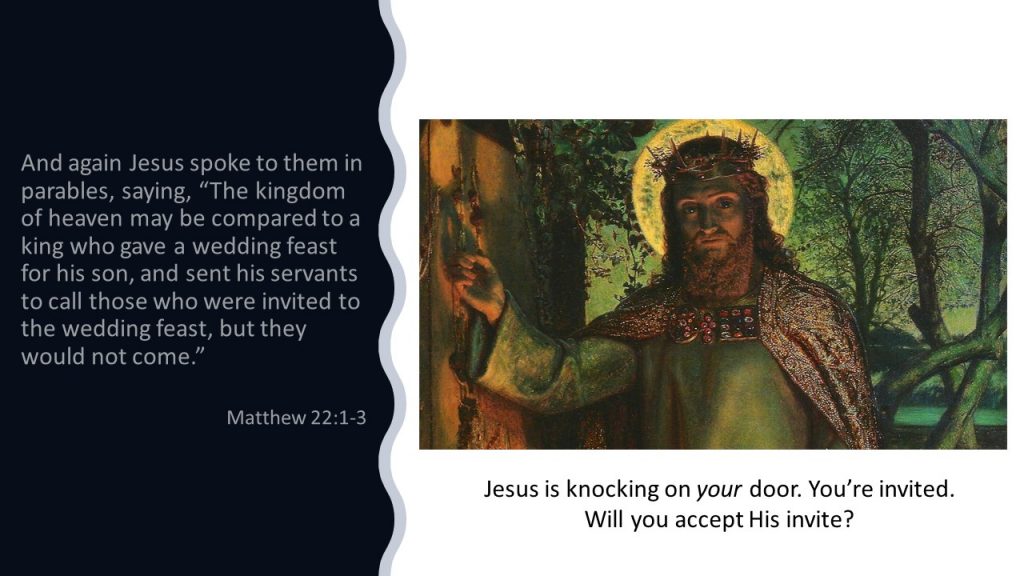
Only through Him are sins covered and removed. Our sinful human nature is what separates us from God’s Kingdom. Jesus is knocking on your door. You’re invited. Jesus wants you to RSVP. Will you respond and accept His invite?
Our next song is
Prayers for others

Heavenly Father,
We remember that the Psalmist wrote: ‘I lift up my eyes to the mountains— where does my help come from? My help comes from the Lord, the Maker of heaven and earth.’ (Psalm 121:1-2) Lift our eyes up O Lord, lift our eyes up, that we might see Your faithfulness and help in the midst of the storms of life and place our trust wholly in You.
We continue to pray for the many people devastated across the world by the terrible coronavirus pandemic. We pray for those mourning the loss of loved ones, those struggling to breathe in hospitals and those living with the after-effects of the virus. We pray today for the doctors, nurses, allied health professionals and support staff who are continuing to work under the most serious and challenging conditions. We give thanks for them and their dedication, but we also pray for their mental health and well-being at this difficult time.
Bind up the broken-hearted and give rest to the weary. Lord, have mercy and hear our prayers. We give thanks for the vaccination rollout and we pray for the massive logistical task ahead of the NHS and other bodies in making sure that the vaccine roll out is timeous and efficiently executed. Please give wisdom to the people coordinating this mass vaccination programme. We are deeply concerned by the fights between governments over the limited vaccine doses currently available. Help us as a world community to combine our resources to ensure that each person can be provided with the necessary vaccine to put an end to this pandemic.
We pray too for everyone struggling with the current situation whether under pressure at work, isolation at home or in a wide range of other circumstances at this time. Help us to turn to You the living God to give us the strength we need for this coming week.
We pray for the following chaplain and churches:
We give thanks to You for the diversity of churches we have across Scotland. We pray for Your your blessing upon each one and pray that the truth of Your good news may be declared through their witness in local communities all around this land. Within our family of church we pray this week for:
Marion Carson (pastoral Support Coordinator, Glasgow City Mission) – We join her in praying for the staff and volunteers at the City Mission who are caring for guests in difficult circumstances. We pray too for their guests, especially those who find isolation difficult. We pray for wisdom for Marion as she tries to serve them.
Bourtreehill BC – We give thanks for the church family at Bourtreehill BC in Irvine. We pray for the church as they continue to seek to share Jesus with their local community.
We come to pray for the needs in our own congregation:
Heavenly Father, We pray today for Henry and Sheena G and their family at this time when his mother is seriously ill. We pray for Your strength and peace for them at this difficult time. We pray for Your continuing comfort for Ali and Gary T and their family after Ali’s dad’s funeral last Friday. We pray too for Mary D for the recovery of sensation and strength in her left hand.
We continue to pray for a restoration of health for other members of our congregation or members of their families…
We continue to pray for anyone else with ongoing health conditions and bring them before You now…
We pray for the people whom we cannot visit in residential care, and others who are at home on their own…
We pray for those who have been bereaved and ask Your comfort for them …
We now pray silently for anyone else known to us who is in need of our prayers at this time…..
We pray also for our own needs…
We bring all these prayers before you in Jesus’ name,
Amen.
Bible Reading II Corinthians 1:23 – 2:13
23 I call God as my witness – and I stake my life on it – that it was in order to spare you that I did not return to Corinth. 24 Not that we lord it over your faith, but we work with you for your joy, because it is by faith you stand firm.
2 1 So I made up my mind that I would not make another painful visit to you. 2 For if I grieve you, who is left to make me glad but you whom I have grieved? 3 I wrote as I did, so that when I came I would not be distressed by those who should have made me rejoice. I had confidence in all of you, that you would all share my joy. 4 For I wrote to you out of great distress and anguish of heart and with many tears, not to grieve you but to let you know the depth of my love for you.
5 If anyone has caused grief, he has not so much grieved me as he has grieved all of you to some extent – not to put it too severely. 6 The punishment inflicted on him by the majority is sufficient. 7 Now instead, you ought to forgive and comfort him, so that he will not be overwhelmed by excessive sorrow. 8 I urge you, therefore, to reaffirm your love for him.
9 Another reason I wrote to you was to see if you would stand the test and be obedient in everything. 10 Anyone you forgive, I also forgive. And what I have forgiven – if there was anything to forgive – I have forgiven in the sight of Christ for your sake, 11 in order that Satan might not outwit us. For we are not unaware of his schemes.
12 Now when I went to Troas to preach the gospel of Christ and found that the Lord had opened a door for me, 13 I still had no peace of mind, because I did not find my brother Titus there. So I said goodbye to them and went on to Macedonia.
Before we come to listen to God’s Word let us sing:
The Message
II Corinthians 1:23 – 2:13 The importance of caring for others
Introduction
What matters most? Getting tasks completed or maintaining and building relationships with other people? Both are important, but I trust that at the heart of all we do is a commitment to care for and respect other people and their needs. Work needs to be done; no-one can deny that. However, how we do it including how we seek to work with others in the accomplishment of agreed goals is particularly important. In Paul’s second letter to the Church at Corinth we see glimpses into the heart of this servant of God.
The tough young man, who was so violent and aggressive towards followers of Jesus, prior to his conversion to the Christian faith, has been progressively changed by Jesus and was a radically different person in so many respects in the later years of his ministry. In his early years of Christian service this pretty intolerant young man had split from his Christian mentor Barnabas over whether to take a younger man Mark with them on a second missionary journey.
Luke tells the story in Acts 15:36-39: Some time later Paul said to Barnabas, ‘Let us go back and visit the believers in all the towns where we preached the word of the Lord and see how they are doing.’ 37 Barnabas wanted to take John, also called Mark, with them, 38 but Paul did not think it wise to take him, because he had deserted them in Pamphylia and had not continued with them in the work. 39 They had such a sharp disagreement that they parted company.
It is very clear that the older, wiser Christian Barnabas was in the right. However, Paul would not accept at that time that his very harsh way of treating people who made mistakes was inappropriate. Towards the end of his life he admitted that he had misjudged Mark as these words in his last surviving letter indicate: Get Mark and bring him with you, because he is helpful to me in my ministry (II Timothy 4:11b).
This example of God transforming the attitudes of both Paul and Mark is a reminder to us to ask ourselves how well do I relate to fellow believers? Am I more inclined to have negative or critical thoughts of the choices of others? Or is my natural inclination to attempt to find a way to be an encourager to other people through the words I speak or the things I do? Let us look briefly at the person behind this letter and his interaction with this local congregation in Corinth.
1. The reason for Paul’s change of plans (II Corinthians 1:23-2:2)
23 I call God as my witness – and I stake my life on it – that it was in order to spare you that I did not return to Corinth. 24 Not that we lord it over your faith, but we work with you for your joy, because it is by faith you stand firm. 2 1 So I made up my mind that I would not make another painful visit to you. 2 For if I grieve you, who is left to make me glad but you whom I have grieved?
As you read through the two letters written by Paul to the church at Corinth it is very clear that his relationship with some members of that congregation was strained. There had been all kinds of issues to address from incorrect beliefs to inappropriate behaviour. The church itself was divided up into cliques, something untypical at the time.
Although there is so much we do not know about these people it is clear that they had come from very different social or religious backgrounds to one another and had not made very much effort to try and get on better together. Paul repeatedly had to challenge them about the need to live out the faith they claimed to profess.
The problems in Corinth, although different in detail to our world today, are a powerful reminder that any congregation that fails to set its house in order will not be attractive to any potential newcomer to its ranks. The Christian faith has to be lived effectively as well as proclaimed to the outside world.
Paul effectively admitted to them that he had struggled to work out the best way to assist them to make the necessary changes required to address the relational problems in their midst. It appears likely that Paul had made a special visit to Corinth to try and help them resolve their difficulties, but it was unsuccessful. The details of what happened are unknown, but there was clearly frustration all round that all this effort had gone into tackling this problem without a satisfactory resolution at that time.
There was effectively some time out on both sides to allow for reflection on the situation. There can be times for us all when we need to step back and reflect on challenges we are going through and see if there could be a different way to sort out a problem. If one way isn’t working it is unlikely that repeating more of the same will work in the future. It appears that Paul setting out in written form what needed to happen was the means of bringing about the breakthrough.
I believe that normally interpersonal conflict would be best resolved by face to face discussions as soon as possible after a difficult arises. But sometimes other approaches are required. The important thing to learn from this situation is that Paul did not give up and persevered so that in time not only were relationships restored but the people concerned continued in the same local congregation having put behind them the painful difficulties of the past.
The challenge to Christian congregations today is this: are we communities of reconciliation? The world around us is full of broken relationships, of cliques of people not talking to others or not working together as they should in families, workplaces and wider communities. The tragedy too often is that churches are no better and no worse than other groups or organisations in the community at addressing these kind so of issues. It is a constant work in progress. We must continually be on our guard to maintain the highest standards of interpersonal relationships and seek to model Christ-like love for one another.
Notice what Paul says about how he had tried to address the problem in this church in II Corinthians 1:24: Not that we lord it over your faith, but we work with you for your joy, because it is by faith you stand firm. Paul could have simply ordered them to do the right thing from his position of authority as the Apostle to the Gentiles. It might have saved quite a bit of time in the short-term, but it would not have helped them address any future issues on their own. He wanted to encourage them to develop the necessary skills and to agree a commitment to work through their own difficulties.
It was an autonomous congregation, not one controlled centrally by a hierarchical denomination. Therefore, in a congregational setting Paul and his ministry team tried to work with them in a way that they could follow in the future when Paul was unable to be present with them. Why did he persevere with them to resolve this conflict – for your joy; the health of the congregation required relational issues to be resolved. People can pick up on tensions when they visit a new group of people. They can tell very quickly if newcomers are welcome or not, even if a sign on the door or noticeboard declares that ‘visitors are welcome’.

I am thankful as the pastor that in the time immediately prior to the current restrictions due to the virus pandemic that new friends felt welcomed into our midst. Once we are able to return to ‘normal’ in person gatherings we will have to work hard to ensure the same quality of fellowship and welcome is evident as I fully expect we will have some new friends join us who first made contact with us during this difficult time.
2. The motivation behind his letters to them (II Corinthians 2:3-4)
3 I wrote as I did, so that when I came I would not be distressed by those who should have made me rejoice. I had confidence in all of you, that you would all share my joy. 4 For I wrote to you out of great distress and anguish of heart and with many tears, not to grieve you but to let you know the depth of my love for you.
Paul did not give up on the people in this church. He was determined to do what it took to help them resolve their issues. It is a big challenge to us all. How many of us live in families where some people are ‘not talking’ to others? How many of us are in workplaces where something similar is quite normal. When we are busy going about our daily routines, especially at times like this, it is the last thing we want to get involved in.
There is no disguising the difficulties we can encounter or the frustrations along the way in helping people address relational difficulties or in the specific case in Corinth a serious moral failure. We cannot deny that too often there are people who don’t want to do what it takes to restore relationships. It can be a thankless task. The question for us to face though is this: do we have confidence that God the Holy Spirit can work through ordinary people like you and me to make a difference?
What does Paul write here in II Corinthians 2:3: I had confidence in all of you, that you would all share my joy. Paul was not content to have the support of the majority of the congregation. He wanted to win over the entire congregation and get on the right track for their future Christian service. His vision for them was long-term. He saw rightly that building good foundations doctrinally and in interpersonal relations was essential for building the Christian Church over the longer term.
What motivated him to go to these lengths in the midst of his busy schedule? II Corinthians 2:4 states: For I wrote to you out of great distress and anguish of heart and with many tears, not to grieve you but to let you know the depth of my love for you.
Relationships really matter. They may not have seen this side of Paul weeping in prayer as he cried out to God for wisdom to help these young Christians resolve their problems. At its heart was a deep love for them. When we love people we will pray for them. When we love people we will want the best for them. When we love people we will sometimes go ‘the extra mile’ to help them succeed in something.

I have no doubts that in recent months many people have shed tears as they have struggled to adjust to the necessary changes required in work practices or in supporting their children doing school work online or in trying to set up or operate unfamiliar online technology and in many other contexts.
In whatever relational context we are working, those in which problems are successfully overcome will very likely be based on a motivation of love or care for others, wanting to help them address the difficulties they have experienced.
In this letter we see an unfamiliar side to this great apostle. We tend to focus mainly on his great intellectual gifts, his theological insights or his incredible stamina and commitment to accomplish his church-planting goals across the Mediterranean world. All these things are true, but he reminded them then and us now, that the secret of being able to continue this kind of work is a deep love for other people that includes a desire to help them to be the best they can be for God.
3. Grace and forgiveness in pastoral care (II Corinthians 2:5-11)
(a)What had happened in Corinth? (II Corinthians 2:5-6) 5 If anyone has caused grief, he has not so much grieved me as he has grieved all of you to some extent – not to put it too severely. 6 The punishment inflicted on him by the majority is sufficient.
From general principles Paul comes back in these verses to the specific difficulties being faced in Corinth and the prominent male member of the congregation at the centre of it. What has taken place in the time period before II Corinthians was written to this church? First of all, Paul’s letter to the congregation pleading for a resolution of this matter had accomplished its goal. It had been a costly letter to write. Paul had been emotionally drained as he entrusted it to a friend who would hand-deliver it to a church leader in Corinth some weeks later.
He would have been less than human had he not repeatedly in his mind gone over the possible responses to it. Not least, if nothing had changed then there could have been a fear that his relationship with church was broken and future visits pointless. Thank God, it had the opposite effect. Although not all the church had been persuaded, a sufficient majority were willing to take action to discipline the man and lay done as a church that they were committed to Christian moral standards even if they were significantly out of line with the wider culture in Corinth.
It was this willingness to stand firm on their Christian principles that appears to have been the cause of his willingness to admit that what he had done was wrong. What a joy that was for Paul when his messenger returned with the good news. It is possible that the church, through Paul’s messenger, had asked ‘what happens next?’ Here in this section of II Corinthians 2 Paul will write to them about what steps should next be taken.
(b)The next steps to follow (II Corinthians 2:7-11) 7Now instead, you ought to forgive and comfort him, so that he will not be overwhelmed by excessive sorrow. 8 I urge you, therefore, to reaffirm your love for him. 9 Another reason I wrote to you was to see if you would stand the test and be obedient in everything. 10 Anyone you forgive, I also forgive. And what I have forgiven – if there was anything to forgive – I have forgiven in the sight of Christ for your sake, 11 in order that Satan might not outwit us. For we are not unaware of his schemes.
At the heart of the Christian gospel are the gifts of grace and forgiveness from our reconciling God. Paul will address this topic in a later part of his letter. The words in II Corinthians 5:18-19:
All this is from God, who reconciled us to Himself through Christ and gave us the ministry of reconciliation: 19 that God was reconciling the world to Himself in Christ, not counting people’s sins against them. And He has committed to us the message of reconciliation.
It is in this aspect of our work as a Christian Church that we should stand out as a witness to the world. God’s reaching out to us to reconcile us to Himself through Jesus demonstrates the lengths to which He went to restore the relationship with His people whose sins had separated us from Him. How well do you and I model this aspect of the character of God in our homes, our families, within our circle of friends and in our church family?
It was a real blessing to my heart recently to hear a member of our congregation share how living this way had impacted some relationships in their family circle. In the wider community many people will not understand what we believe as it is unfamiliar to them, but they can observe how we behave towards one another. In some contexts it may be better to pray Lord help me live the gospel better today alongside this person rather than pray for an opportunity to speak with them about it. If we can live it better it might lead to them asking us about it. This week for our prayers: Is there a relationship I need to work on? Ask God for wisdom how this might be possible in practice.
Praise God that the congregation in Corinth didn’t ‘sweep the issue under the carpet’. Instead they acknowledged the problem and addressed it. What was the next step that Paul encouraged them to take? 7Now instead, you ought to forgive and comfort him, so that he will not be overwhelmed by excessive sorrow. 8 I urge you, therefore, to reaffirm your love for him (II Corinthians 2:7-8).
When genuine apologies have been given and accepted it should lead to reconciliation of relationships in most contexts, especially in a church context, and a restoration to fellowship within the church. I am well aware that in some family contexts where relationships break down that there are practical difficulties that may prevent a full reconciliation to how things were before, but normally, this ought to be what we aim for as Christians.
Certainly in Corinth, Paul was asking this congregation to welcome the man back into the fellowship and close the chapter on what had happened in the past. The latter step could only happen properly if the underlying issues had been properly addressed. Sometimes churches, like other sectors of society, have tried to avoid addressing issues and this is profoundly sad. However, what a joy when as in this case there is repentance for sin and a person can be restored to fellowship in the church. The gospel can be good news at every level of society if we are truly living it out as individual Christians, and collectively in local congregations.
Relationships work on trust. Paul models that here with respect to the resolving of this situation. Paul continued in II Corinthians 2:9-10: Another reason I wrote to you was to see if you would stand the test and be obedient in everything. 10 Anyone you forgive, I also forgive. And what I have forgiven – if there was anything to forgive – I have forgiven in the sight of Christ for your sake.
He gave them the responsibility to handle this matter and his act of trust was vindicated. It was a huge step forward for this congregation. It was also a powerful witness in their local community amongst the people that knew them. The growth of the Christian church over the first two to three centuries was to a significant degree not only as a result of effective personal evangelism, but equally the quality of relationships in the local Christian communities as others witness the quality of their love and care for one another.
It was true that they also assisted other people outside of their churches, but there are witness accounts that the consistent manner of living by followers of Jesus opened the door to many people wanting to find out more about Jesus. In verse eleven Paul warned that failure to address misconduct in our midst allows an opportunity for the evil one to damage our witness to Christ.
There are many modern examples that could be given here to illustrate this point. In the Republic of Ireland, a country dominated from the 1920s to the 1990s by the Roman Catholic Church, it was the tragedy of the unaddressed child abuse scandals by priests, together with the brutal treatment of minors in residential homes run by Religious Orders that caused the collapse in support for the church, especially by younger adults, in the last few decades.
It is profoundly sad that the outstanding work in social care done by many churches in that country and others can be overshadowed in the public memory by the appalling actions of others within their ranks. The apostle Paul is very clear that we must live and apply the gospel in our midst so that in a troubled world the light of the gospel is both visible and effectively modelled in our personal lives and church communities. How might I live the gospel more effectively this week could be a point for reflection today and coming days?
4. God makes a way through difficulties (II Corinthians 2:12-13)
12 Now when I went to Troas to preach the gospel of Christ and found that the Lord had opened a door for me, 13 I still had no peace of mind, because I did not find my brother Titus there. So I said goodbye to them and went on to Macedonia.
Paul was expecting Titus to return with news of how the Church at Corinth had responded to his letter requesting this pastoral issue be addressed. In the weeks while he waited he engaged in some evangelistic work there for a time prior to making the short journey from what is now Western Turkey back to Greece (Macedonia).
There was and is always more work to be done for the Lord. There are many times when ministries or activities we had planned are stopped or paused as we have experienced in the last year by a virus pandemic. The constant challenge for us all is to pray: ‘Lord open doors of opportunity that you want me individually or us as a church to take at this time. Please give us wisdom to sense when You are speaking and give us obedient hearts to act when You direct us to act. In both evangelistic work and ministries of practical care for others, may we demonstrate similar compassion and care for others as Jesus modelled for us two thousand years ago’. Amen
Our song before we come to communion is:
The Lord’s Supper
Jesus invites all Christian who have committed their lives to follow Him to participate in this act of worship. The apostle Paul wrote these words of Scripture in I Corinthians 11:23-26 to guide our observance of Communion.
For I received from the Lord what I also passed on to you: the Lord Jesus, on the night He was betrayed, took bread, 24 and when He had given thanks, He broke it and said, ‘This is My body, which is for you; do this in remembrance of Me.’ 25 In the same way, after supper He took the cup, saying, ‘This cup is the new covenant in My blood; do this, whenever you drink it, in remembrance of Me.’ 26 For whenever you eat this bread and drink this cup, you proclaim the Lord’s death until He comes.
Prayer: Choose your own words of prayer to give thanks for the bread and wine that represent the costly gift of His body and blood for us.
Take the bread: Jesus said: ‘This is My body, which is for you; do this in remembrance of Me.
Take the wine: Jesus said: This cup is the new covenant in My blood; do this, whenever you drink it, in remembrance of Me.’
Our closing song is:
Closing Prayer:
Thank you Lord that You are wholly trustworthy; that we can rely totally on You through all the ups and downs of life. Thank You too for the people You have placed in our lives that have been there for us in our times of need and also in our times of thanksgiving. Help us this week and in coming days to be people who truly show Your love and care to others, in Jesus’ name we pray, Amen
Benediction: The Grace


:fill(white):quality(80)/https://www.vashi.com/static/media/catalog/product/v/a/V1V19040-PLT_1.jpg)



